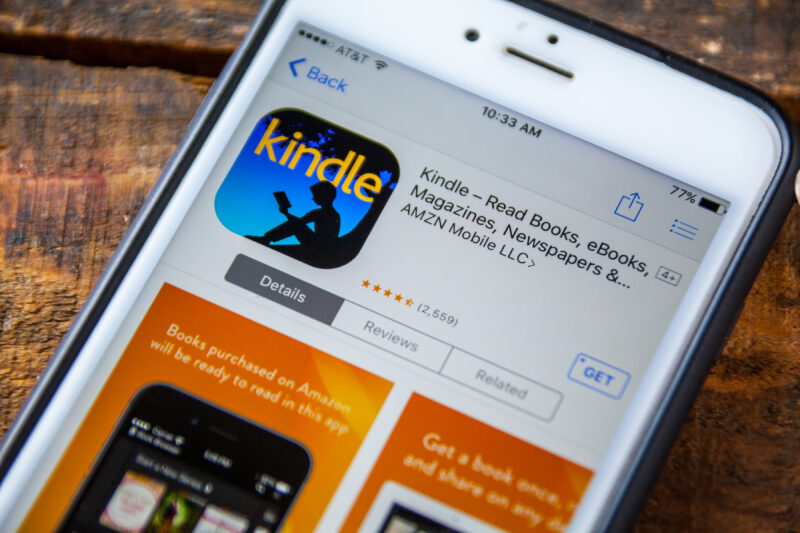Amazon Removes Option to Download & Transfer Via USB for Kindle Books

On February 26, 2025, Amazon removed the ability for users to download their Kindle books directly onto a PC or Mac.
Although this feature was used by only a minority of Kindle users — at least once WiFi connectivity became standard across all Kindle devices — it has always been the best way to load eBooks purchased on Amazon onto non-Kindle eReaders.
Kindle users still have the option to transfer books to their Kindle device via WiFi, which Amazon claims is the more user-friendly option, but this feature notably works only with Amazon’s line of Kindle eReaders.
For anyone watching the recent launch of the 2024 line of Kindle models, this change may not be surprising. That’s because Amazon had already decided to not support the download-and-USB-transfer feature with these newest models, clearly signalling that the feature’s days were numbered.
What Does the Change Mean for Kindle Users?
For users who own a Kindle and don’t use any third-party reading software, the practical ramifications of the change are limited. They can still transfer books to their Kindle via WiFi, and from there connect the device to a PC or Mac with USB and transfer the KFX files. Users can then remove the DRM attached to the files and access their books with any reading software or device.
People who will be most impacted are those who have purchased eBooks through Amazon but don’t own a Kindle to use as the middleman. Considering Amazon’s dominant eBook market share (79% of all eBooks sold in the U.S. in 2024), there are potentially millions of users who fall into this category.
From our hands-on testing after the change, the only way for these users to read their Amazon-purchased eBooks will be through the official Kindle apps on iOS, Android, PC and Mac.
No Digital Ownership
This change highlights a fundamental problem with digital ownership. Generally speaking, when anyone purchases any kind of digital content — be it books, movies or video games — they aren’t actually purchasing legal ownership over it. Instead, users are granted a license to access the content.
Theoretically, the license is indefinite, but it’s always within the power of the distributor — in this case, Amazon — to revoke that license for any number of reasons.
There are many examples of Amazon removing books. One example is pushing updated editions without request, like in the case of Roald Dahl’s Matilda and Charlie and the Chocolate Factory in 2023. Amazon has also remotely deleted books from people’s Kindles entirely, like when they deleted certain editions of George Orwell’s 1984 and Animal Farm back in 2009.
The only way users were able to protect themselves from such unwanted changes or deletions was to manually download and backup the book, a process that has now become significantly more cumbersome — and downright impossible for those who don’t own a Kindle.
